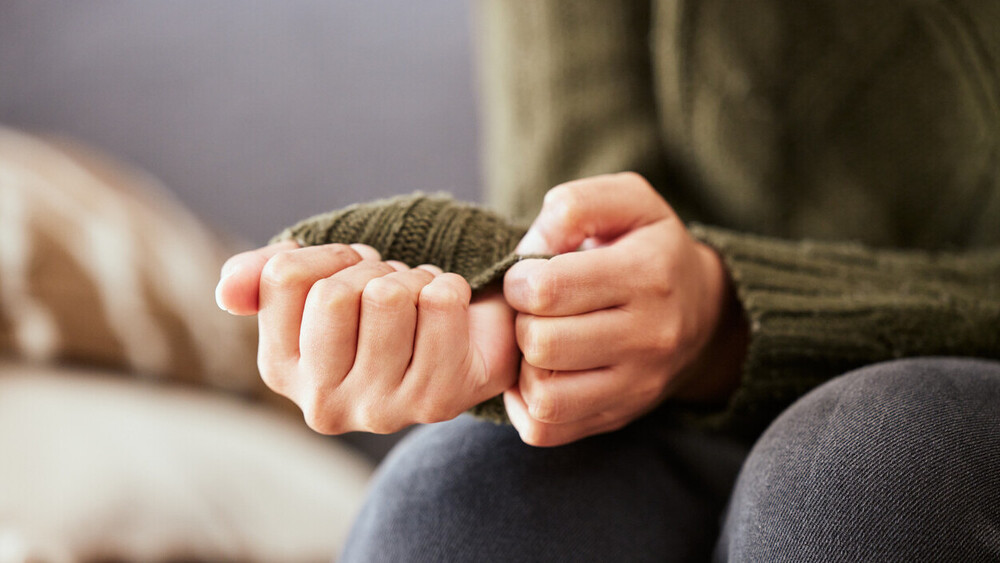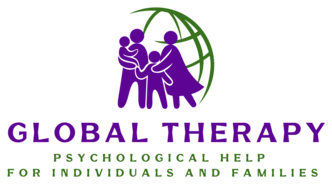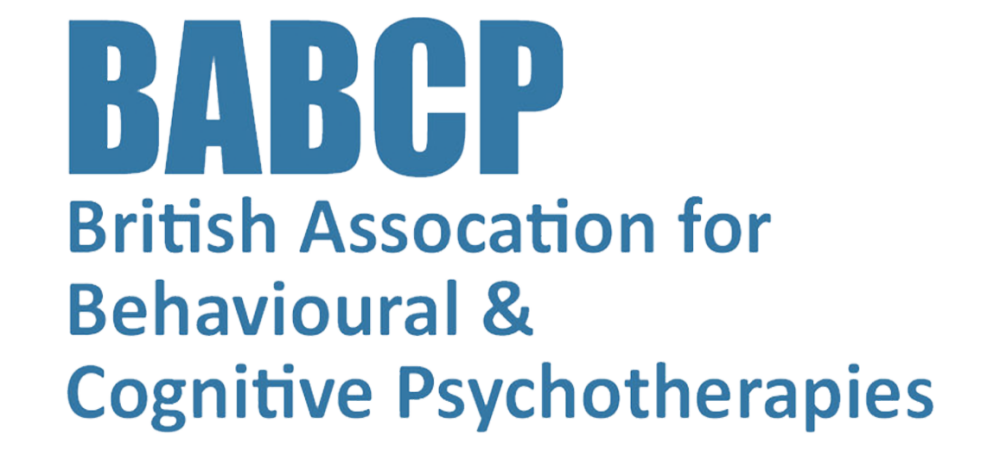
posted 4th June 2025

ANXIETY
Anxiety is what we feel when we are worried, tense or afraid – particularly about things that are about to happen, or which we think could happen in the future.
Anxiety is a natural human response when we feel that we are under threat. It can be experienced through our thoughts, feelings and physical sensations.
Anxiety can become a mental health problem if it impacts your ability to live your life as fully as you want to.
Anxiety can become a mental health problem if it impacts your ability to live your life as fully as you want to.
Anxiety can affect both your body and mind.
The effect on your mind can include:
a feeling of dread or fearing the worst
feeling on edge or panicky
difficulty concentrating
irritability
feeling detached from yourself or the world around you
Physical feelings can include:
restlessness
feeling dizzy or light-headed
wobbly legs or pins and needles in your hands and feet
shortness of breath or hyperventilating
heart palpitations (a noticeably strong, fast heartbeat)
nausea (feeling sick)
needing the toilet more or less often
sweating
Anxiety can also affect your behaviour. You may withdraw from friends and family, feel unable to go to work, or avoid certain places. While avoiding situations can give you short-term relief, the anxiety often returns the next time you’re in the situation. Avoiding it only reinforces the feeling of danger and never gives you a chance to find out whether your fears are true or not.
Some people with anxiety may appear to be fine on the outside while still having some of the symptoms listed above. You may have developed ways of hiding your anxiety so that other people don’t notice it.
However, anxiety can be a problem if it affects your ability to live your life. If your anxiety is ongoing, intense, hard to control or out of proportion to your situation, it can be a sign of a mental health problem.















